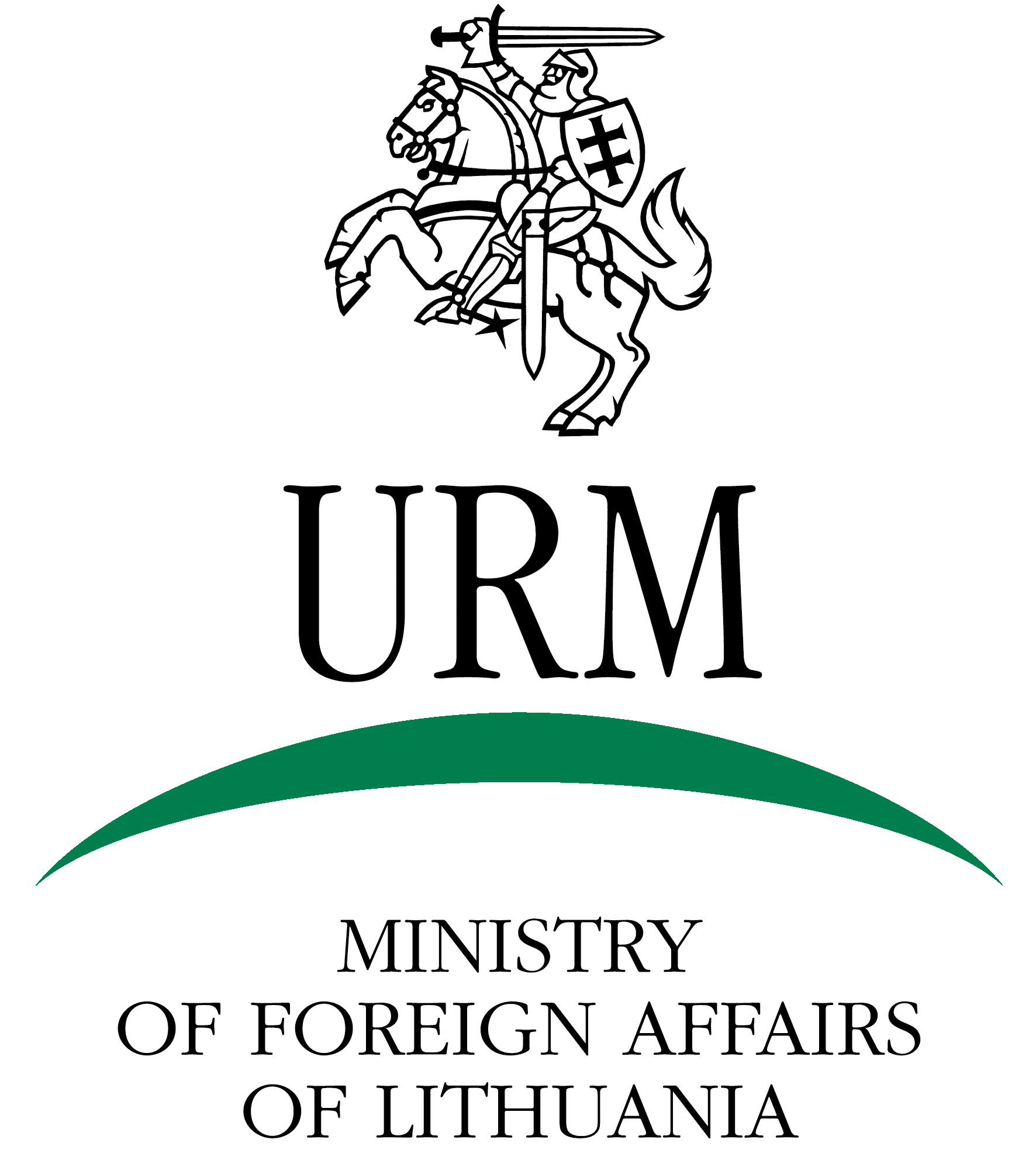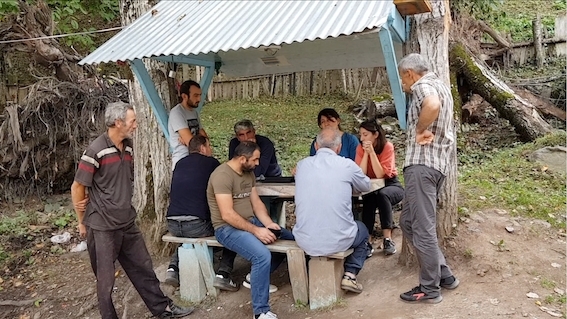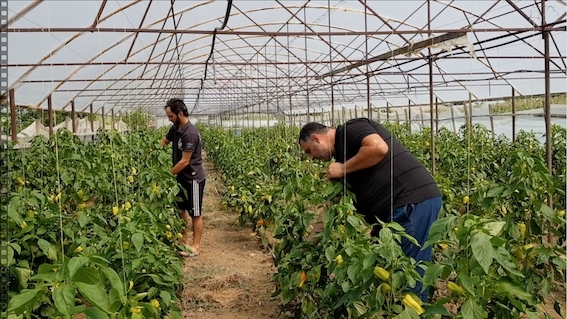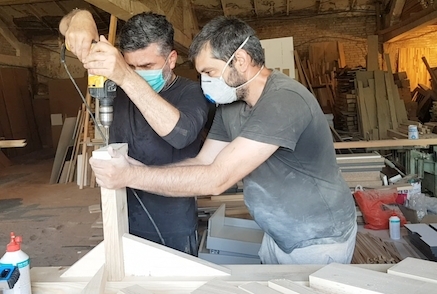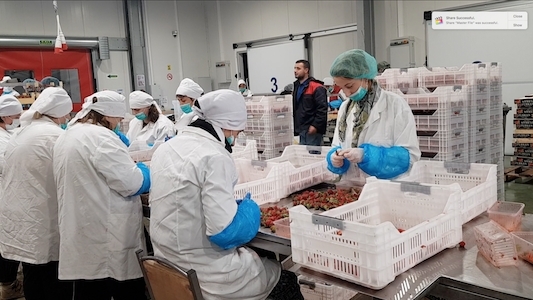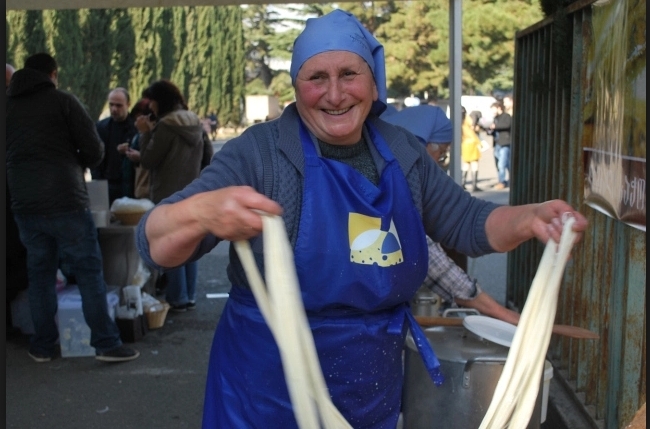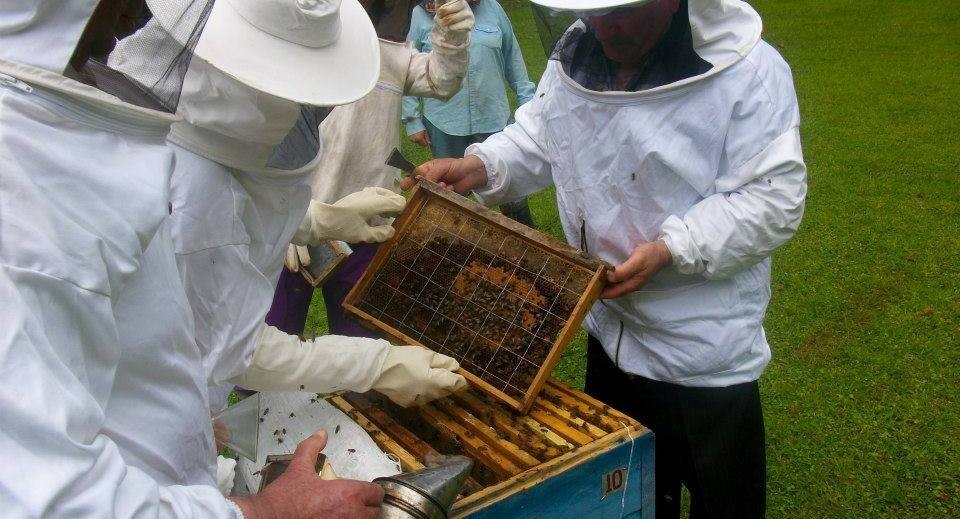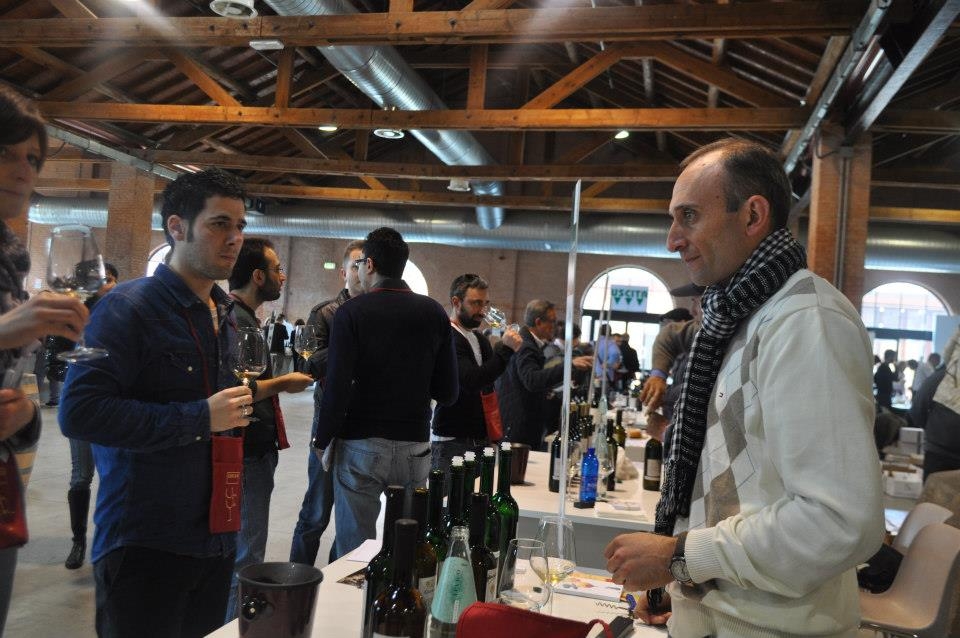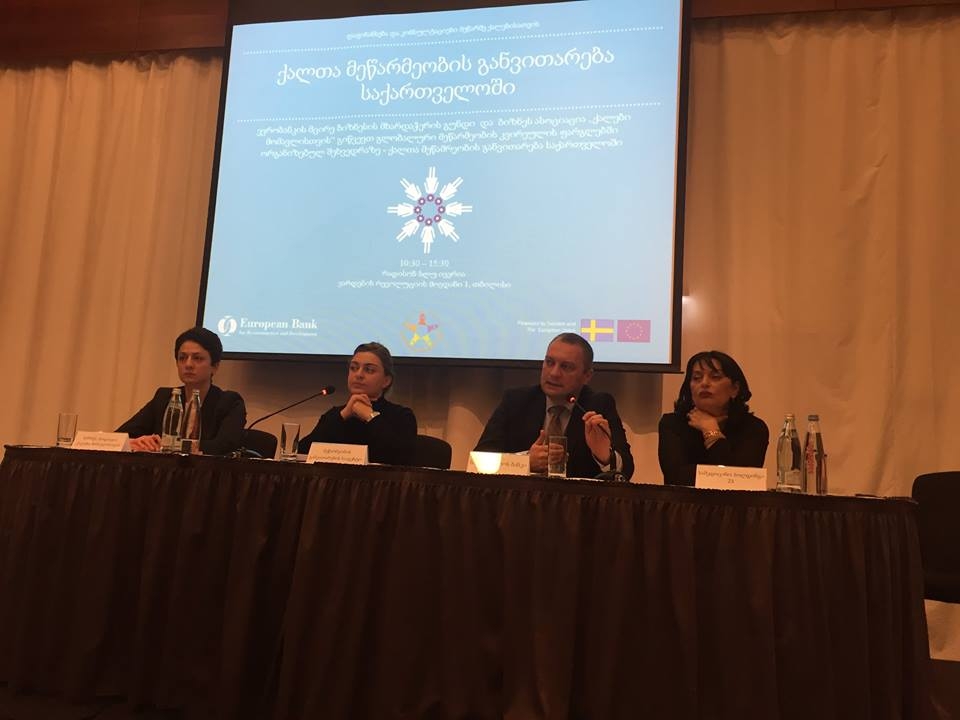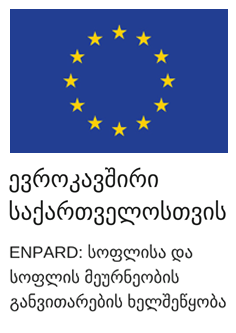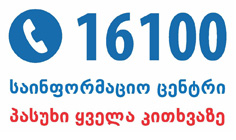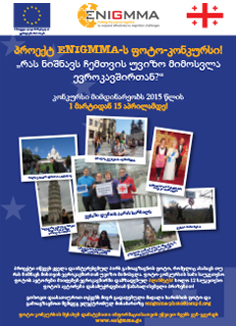Film Cluster: The sector is experiencing a problem with professional staff and funding

The film cluster offers the government its own version of refining the cash rebate system
Georgian Film Cluster was established to support the film industry and currently unites 45 leading companies and individual representatives of the film industry. Popularization of the Georgian film industry abroad, establishing links between Georgian and international film producers, lobbying the sector with the government – these are the main mission of the cluster, by which it should be formed as a supporter of the industry interests. In addition, the cluster will develop legislative and policy initiatives on tax, copyright and intellectual property issues. Another priority of the film cluster is the training of qualified staff for the Georgian film industry.
According to the members of the management board of the cluster, concrete results in the field of international contacts already exist A memorandum was signed with the platform “Bridging the Dragon” which connects European and Chinese filmmakers. Another partner of the cluster is International Emerging Film Talent Association (IEFTA), which promotes the discovery of new talents and their development in promising regions in terms of the promotion of the film industry.
In addition, the movie cluster wants the government to include a cash rebate scheme in the tax code. Today, this scheme is only part of the government program "Shoot in Georgia", which has been implemented since 2016. The program offers foreign producers to reimburse 20% of the qualified costs of a film or other audio-visual production made in Georgia. However, if the work contains elements of popularization of the country, it is possible to return an additional 2 to 5%. The cluster also proposes to the government to establish an independent scheme for reimbursement of qualified costs for post-production services as well.
Davit Vashadze, the director of the film cluster, talks to eugeorgia.info about the activities of the film cluster:
- About a month ago we had a meeting with the leaders of the program "Shoot in Georgia". We offered them our opinions related to the refinement of the program. In particular, the changes in the cash rebate system and in the deadlines for reimbursement of eligible expenses and the submission of documentation. I am one of the authors of the cash rebate project. Our goal was to create the most flexible system and we managed it. It is one of the most sophisticated projects of all time because, project submission, budgeting, etc. are being processed online.
Last year, several large film projects were implemented in Georgia, so the budget for filming was completely spent and it became necessary to add money from current year's budget. Because more than planned was spent on filming and they had to return more money from the budget, the government started working on changes to the project regulations. According to this change the payback time for eligible costs should be increased. Until now, the payback time for eligible costs was 3 months. The government wants to increase it to 12 months. We suggested that the refund be made within a maximum of 6-7 months.
Another change is related to the deadlines for submitting audited documentation. After the film project passes the first inspection, the company has a 2-year period to spend the money and submit the relevant audited documentation. The government wants to reduce this period to 1 year. We suggested that if the company could not start filming after one year, the project should be re-verified and confirmed that filming would take place within the remaining one year.
The film industry knows better what is required for better performance and hopefully they will take our notes into account. without the cluster, they would have accepted these changes. Then we would see that the Georgian cash rebate system is so difficult that a foreign filmmaker could no longer use it and the project would fail. If our proposed changes are taken into account, we will consider it as a great success of the cluster.
- What problems does the film industry have in Georgia now?
-All the leading companies in this industry are united in the film cluster and their main challenge is education. I do not mean directors, screenwriters, but a group of producers, production managers and technical staff. For shooting "Fast & Furious 9" in Tbilisi, the so-called "Second Unit" had arrived, Therefore, the stars have not arrived here. Even in this case, the Georgians were employed in the lowest position - mostly as road blockers. Only one Georgian cameraman worked on the seventh camera. Why did this happen? Because our specialists unfortunately do not have the appropriate education in Hollywood.There is a lot of interest from Hollywood, but the knowledge and experience of Georgians is not enough to be employed in higher positions. The daily for road blockers during the filming of "Fast & Furious 9" was 50-60 US dollars. Production manager or his assistant from Georgia, could have received $ 500-800 a day. So, there are some good employment opportunities. The cluster is going to work exactly in this direction.
We have negotiations with the world-class, Hollywood school and US top-level universities to do the training courses. These courses may be aimed not only at Georgia, but also at the region, where it will be possible to gain knowledge of American cinematography. We want to do this so that later, when the Hollywood group comes to Georgia, locals will be employed in higher positions.
- In your opinion, what should be done for the cluster to work effectively?
- Financial stability of the cluster is one of our main tasks. Until now, GIZ has funded us. Now the cluster no longer has funding. Our finances depend on the membership fee, which is minimal. We do not even have the money to hire an assistant who will organize various activities. The film industry is already active in Georgia, so the cluster has a lot to do.
We have difficulties related to access to funds. The film industry is a relatively narrow field, employing just 500 people. Therefore, we cannot compete with NGOs which work on social or educational programs that employ thousands of people.
Author: Nona Kvlividze
The article is prepared with the financial support of the Ministry of Foreign Affairs of Lithuania and "Development Cooperation and Democracy Promotion Programme."
